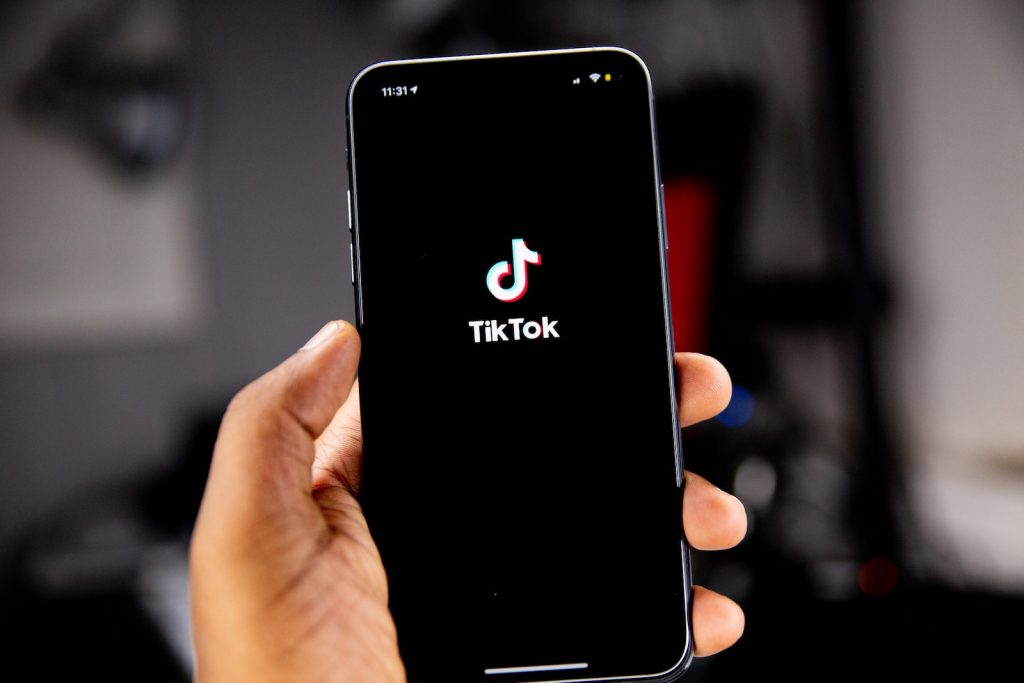This post may contain affiliate links which means I may receive a commission. Learn more on my Privacy Policy page.
Privacy Concerns on TikTok
TikTok, like other social media apps, collects and shares personal data with its userbase; however, some are concerned that ByteDance could share it with Chinese authorities.
TikTok has caused privacy and security concerns in some countries, leading to calls for its ban in others. Read on to gain more insights into this platform’s concerns as well as ways to avoid them.
TikTok Collects Personal Information
As with other social media platforms, TikTok collects personal data about its users. As well as gathering details about your viewing habits and interactions on the app, this includes your location, phone number, device type and apps you use – information used by the platform to personalize ads and news feeds for you. While some may appreciate such tailored experiences, others prefer not being tracked.
TikTok gives itself access to your microphone and camera, giving it access to listen in on conversations you are having and see who they involve. Furthermore, the app can record close-ups of your face in order to match them against online images of yourself.
Wherever it may be stored, the app doesn’t specify. According to its privacy policy, however, ByteDance may share your personal data with third-parties and entities under its parent company umbrella.
Some privacy experts are concerned that China could use TikTok to spy on American citizens. While that’s an understandable concern, keep in mind that our government also employs its own spies that gather intelligence; also take note of how much less personal data TikTok collects than Google, Facebook or other big players store about users.
TikTok Shares Personal Information
Though TikTok is free to use, the app does collect and share personal information such as your location and device identifier with third parties for advertising purposes. TikTok also keeps an enormous database that’s extremely valuable to advertisers.
The company’s Privacy Policy details that they collect a range of data including keystroke patterns, biometric information and more – but does not “identify individuals”. Furthermore, the clipboard data from your device may also be collected and combined with other pieces of information to target ads better.
TikTok shares this data with various third-party partners, such as Google and Facebook, as well as law enforcement agencies, raising concerns of possible government surveillance; its data collection practices have raised fears among some who hold sensitive jobs such as high-profile government jobs that their personal cyber security may be at risk by using the app.
TikTok and ByteDance, its parent company, have been sued over privacy allegations. Users allege the app tracks users’ locations and sells user data to advertisers as well as spying on journalists. Thankfully, there are ways you can limit what information is given out; such as using VPN software to block it from accessing device identifiers or GPS locations.
TikTok is Not Safe for Children
TikTok can present some parents with concerns of inappropriate content for their children to access, even with age verification and restrictions preventing access. Though there are ways around these restrictions for kids to circumvent them. Furthermore, it is essential that users remain aware of how much personal data TikTok collects and shares.
Due to these risks, some parents may decide to keep their children off social media altogether. But it’s also essential for children to learn how to utilize it safely, such as using VPN and optimizing privacy settings.
VPNs can also provide important protection from cyber crime and online predators. By connecting to one, TikTok won’t be able to link your app activities with your device’s ID number (such as an IP address ) which poses a significant security risk that you should prevent at all costs.
Privacy advocates may be wary of TikTok being run by its Chinese parent company ByteDance and being used to spread pro-Beijing propaganda or misinformation; however, banning would be counter-productive and other experts recommend instead that users educate themselves on privacy policies of other apps and take a stand against companies that don’t respect digital rights; parents/teachers could discuss with students the risks posed by TikTok and similar apps that collect personal data.
As an alternative to TikTok, see our list of educational apps for children.
TikTok is Not Secure
Allegations that TikTok is an app used by Chinese intelligence agents to collect personal information on American citizens is both alarming and unwarranted; however, legitimate concerns exist regarding its privacy policies and tracker features that allow it to gather more personal data than other social media apps.
Tracker features of apps are great tools for gathering device brand and model, OS version, mobile carrier, browsing history, file and folder names and types, keystroke patterns or rhythms, wireless connections geolocation data – which then form profiles of users that can be shared with third parties for advertising or other purposes.
Another source of concern with TikTok is its parent company servers being located in China, giving the Chinese government access to users’ personal data. Though TikTok claims it has implemented technical and organizational safeguards in order to block authorities from accessing users’ data, many experts remain doubtful of this claim.
Individuals ultimately decide for themselves if and when they wish to use TikTok. If privacy is important to you, we advise declining any prompts for permission from TikTok to access contacts or your location and instead using a secure browser on your smartphone instead. Whenever possible, avoid apps without clear privacy and security policies which could pose risks.




